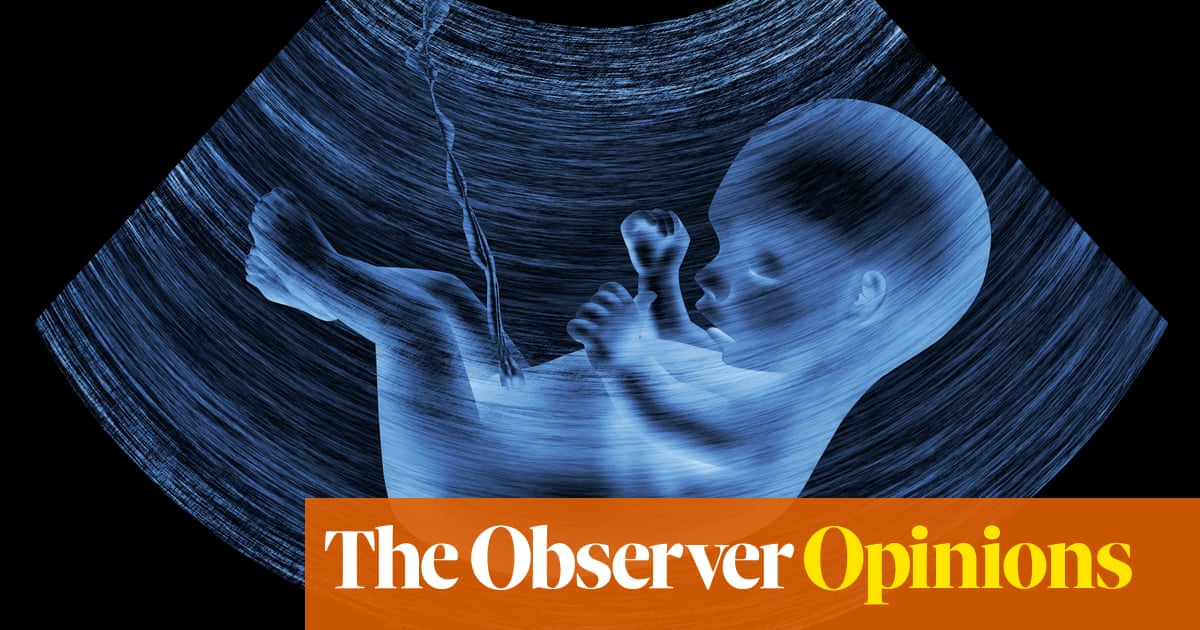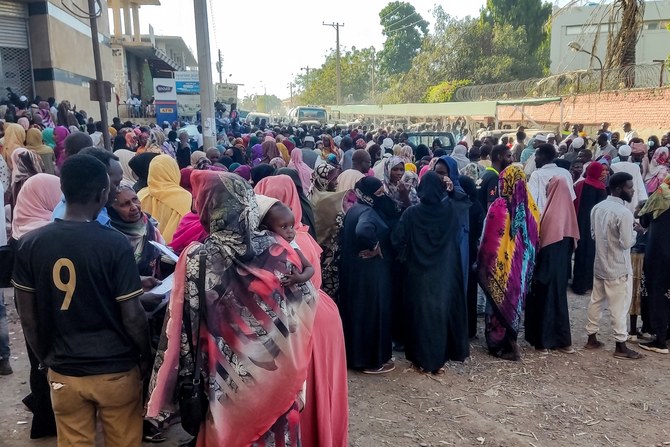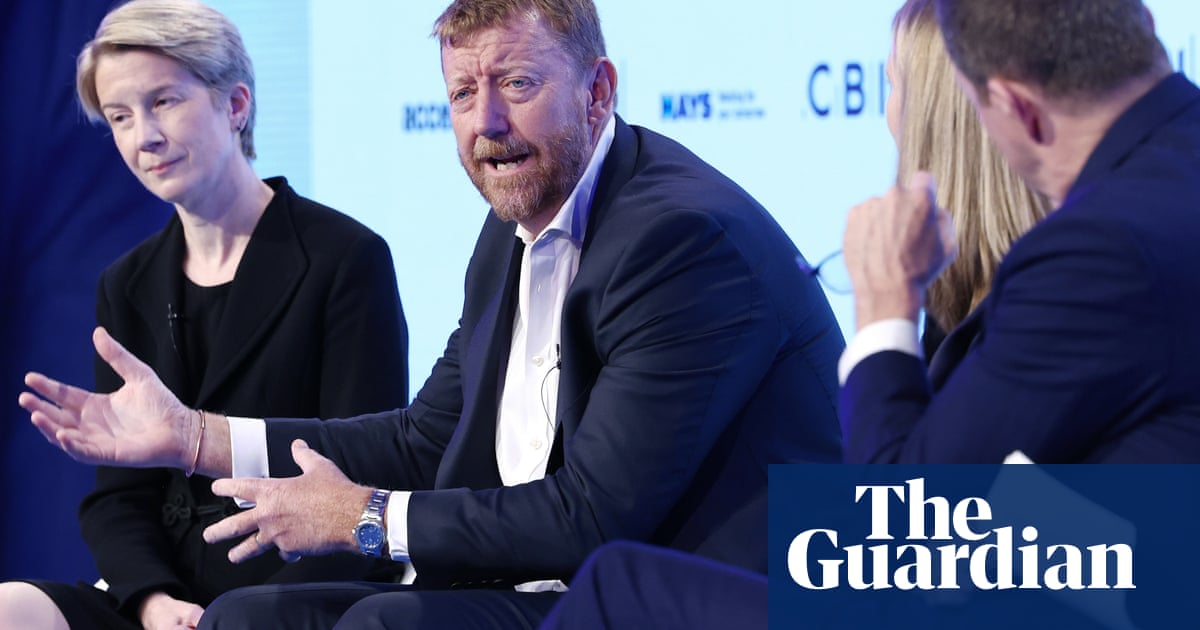
Of the numerous issues the coronavirus disease (COVID-19) has exposed, one of the most significant is the underfunding of research efforts dedicated to detecting the early warning signs of pandemics in most countries around the world. In the US, President Donald Trump’s decision to end a $200 million early-warning program just three months before it is believed COVID-19 began infecting people in China led to the country being inadequately prepared for the worst pandemic to hit the world since the Spanish Flu outbreak of 1918. COVID-19 has been a painful wake-up call to the many underfunded and overlooked experts and scientists in various sectors, but also an important reminder that decision-makers, policymakers and scientists across the board must work together, especially during such exceptional times.
If we are to learn anything from this pandemic as policymakers, let it be that we must listen to the counsel of those who know a field better than we do. As countries grapple with the effects of COVID-19 and race to develop an effective vaccine or treatment, and as we come to terms with the failure of many policymakers and decision-makers to consult with experts and scientists, we will hopefully recognize the crucial role epidemiologists, immunologists and virologists play in keeping us all safe. We will also hopefully see doctors, nurses and health care workers as the instrumental members of society that they are, and learn to listen when the likes of Chinese doctor Li Wenliang raise the alarm about a new virus that may become a threat to humanity.
While we acknowledge the vital input from health care workers, we must also consider some very important questions about experts in other fields. These experts should translate the more technical findings about pandemics into messages that are more easily grasped by the public, can influence public behavior, lessen the blow of the economic downturn triggered by the pandemic, and direct funds to the sectors and geographic areas that most need them.
While efforts to develop pharmaceutical interventions for COVID-19 are under way, behavioral science has helped policymakers direct the public toward better management of the situation and helped keep them safe. Behavioral science has also assisted governments as they navigate different social and cultural contexts, fine-tune media messages and communication, align individual and collective interests, and provide social and emotional support. Official media channels in the UAE, for example, circulated videos in many of the different languages spoken by citizens and residents to raise awareness and urge people to stay at home. Other governments developed creative cues to nudge people toward abiding by social distancing requirements and adopting the necessary hygiene practices.
The COVID-19 pandemic brought the entire world to a halt for a number of months, and the closure of nearly all sectors has led to an unprecedented economic downturn, the full impact of which we are yet to see. Economists around the world are facing a challenging new reality, which has resulted in the most severe economic contraction since the Great Depression. Recently, the International Monetary Fund (IMF) stated that it expects the global economy to shrink 4.9 percent this year — a deeper contraction than the 3 percent it predicted in April. In the face of such grave consequences, economists are keeping a close watch and providing crucial advice to policymakers in order to lessen the impact of this downturn. In a matter of days, economic stimulus packages were rolled out around the world: According to the IMF, the total global fiscal support stood at $9 trillion as of May 20.
Social sciences can also provide valuable perspectives to support the work of scientists. In Indonesia, social science researchers are helping epidemiologists find people who have been in close contact with infected people so that they can be tested, isolated and quarantined. This is done using a method known as process tracing, which can be used to make inferences about the presence or absence of causes and outcomes. By examining documents, conducting interviews and directing observations (among other sources), they can help track down people who might have been infected by someone who is carrying COVID-19, and thus stop the spread of the virus at the community level.
Experts should translate the more technical findings about pandemics into messages that are more easily grasped by the public.
Maria Hanif Al-Qassim
Development workers and social workers can also provide a very important perspective through their expertise. Policymakers in non-social sectors can often miss sensitive and crucial realities experienced by minorities and vulnerable groups. Social workers can, in such instances, tailor evidence-based advice on social and physical distancing measures in overcrowded areas such as slums and refugee camps. They can also draw the attention of policymakers to pre-existing issues that may be exasperated by the pandemic, such as abuse and poverty.
The current pandemic the world is fighting has given us examples of governments that succeeded in managing the crisis because they leveraged the information provided to them by scientists and field experts, both within their borders and beyond. It also exposed governments that have overlooked and underfunded expert opinion and advice, and as a result lost lives and resources. Pandemic or not, policymakers (particularly those in central government) must learn to seek, empower and consult natural scientists, social scientists and other experts with extensive knowledge of their field.
Maria Hanif Al-Qassim is an Emirati from Dubai who writes on development, gender and social issues. Twitter: @maria_hanif
Disclaimer: Views expressed by writers in this section are their own and do not necessarily reflect Arab News" point-of-view












